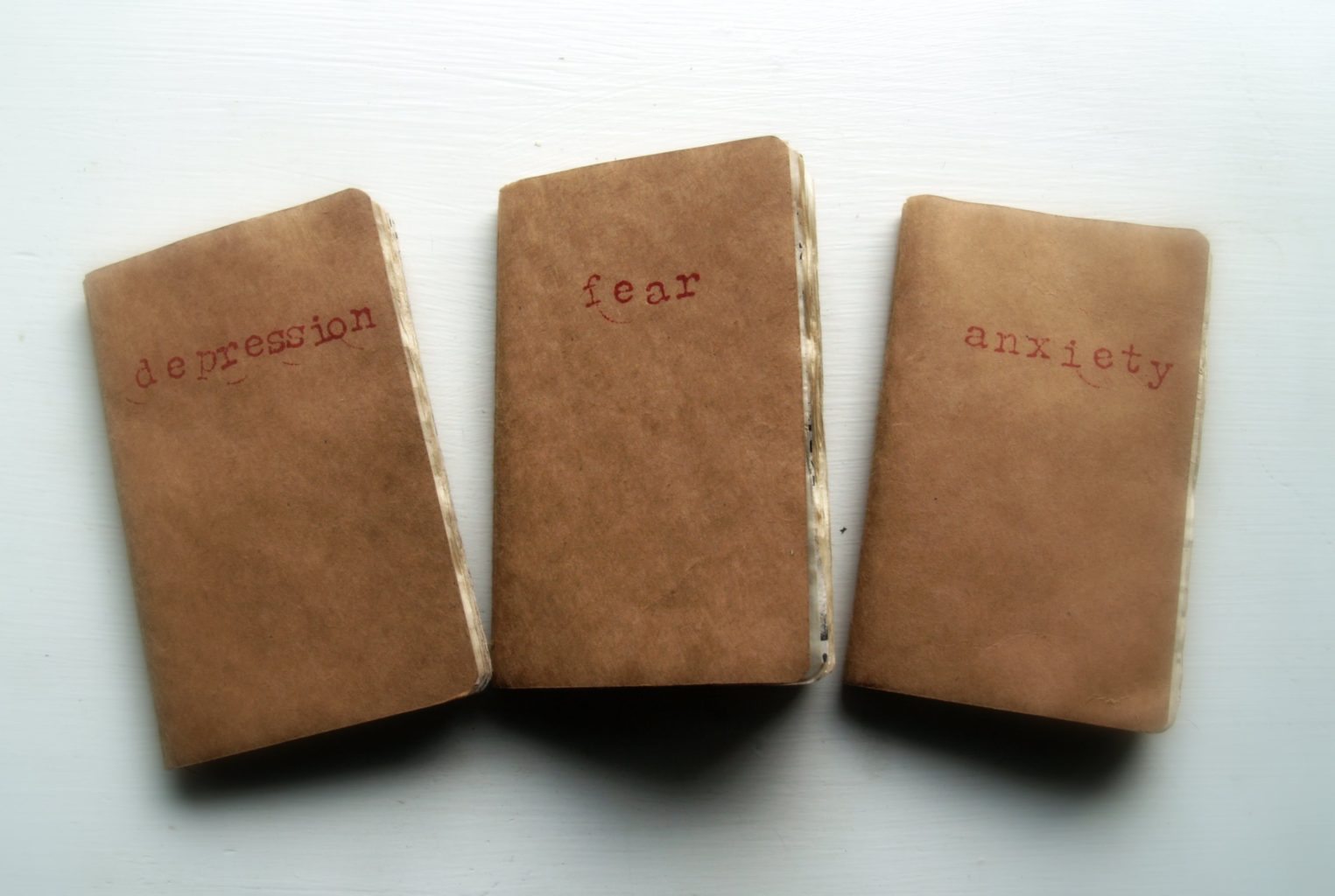Mental Health: its time to talk
Tessa Schiller, creator of Tess S, explains why it can take bravery to admit that you’re struggling…
At school I remember we had to be taught about something called ‘mental health issues’. We were all gathered into a room and told that if we had anything to contribute we should please do so in the ‘third person’. They were worried that people opening up would result in the bullying of an individual who was in an incredibly vulnerable state. They didn’t need to worry. No one ever spoke up.
Three years down the line and there was still the occasional conversation about mental illness. Being a girls school it focused primarily on body image and self-harm; we were bombarded with videos of crying teenagers speaking and graphic images of slit wrists, bruised stomachs, and pinched legs.
All of us had felt like individuals lost at sea…
When we were asked for feedback on our experience of PSHE in sixth form, just before we left, a group of us got together. Slowly, the conversation turned to mental illness. Before we knew it we were voicing our discontent – everyone felt the same way, they had been ashamed of the experiences they had had, they felt patronised and abnormal. All of us had felt like individuals lost at sea, yet it turned out so many of us had the same experiences. It was such a shame that we couldn’t help each other through them at the time – the way we’re taught about mental illness prohibits that. It leads to misunderstanding, confusion and isolation, something I found even more so than ever during my second year at university. Aft er a turbulent summer, the death of my grandfather, and a multitude of difficult personal issues I felt myself spiralling downwards. I felt I couldn’t connect with even my closest friends, nor could I explain to them what was going on. I realised how little understanding there was around me about depression.
er a turbulent summer, the death of my grandfather, and a multitude of difficult personal issues I felt myself spiralling downwards. I felt I couldn’t connect with even my closest friends, nor could I explain to them what was going on. I realised how little understanding there was around me about depression.
During Easter, after seeing the disgusting comments directed at the mentally ill over the Germanwings plane crash, I decided to start a vlog expressing my thoughts and opinions on depression. Although I knew strangers would find it, the hardest thing was posting it on Facebook and waiting to see the response from my friends – surprisingly, the reaction was incredible. I received support and love from all areas of my life.
The scary part is the number of people who wrote to me about their own experiences. The statistics have always told me that I’m surrounded by people with mental illness, and it’s true. It’s surprising still how invisible it is. The most outwardly cheerful people are unfortunately often the ones suffering. It’s revealed to me that I was right to speak out. An illness so incredibly widespread is also fundamentally misconstrued by many. It’s scary, it’s hard, but it’s also important: the more we talk, the more we understand.

Comments